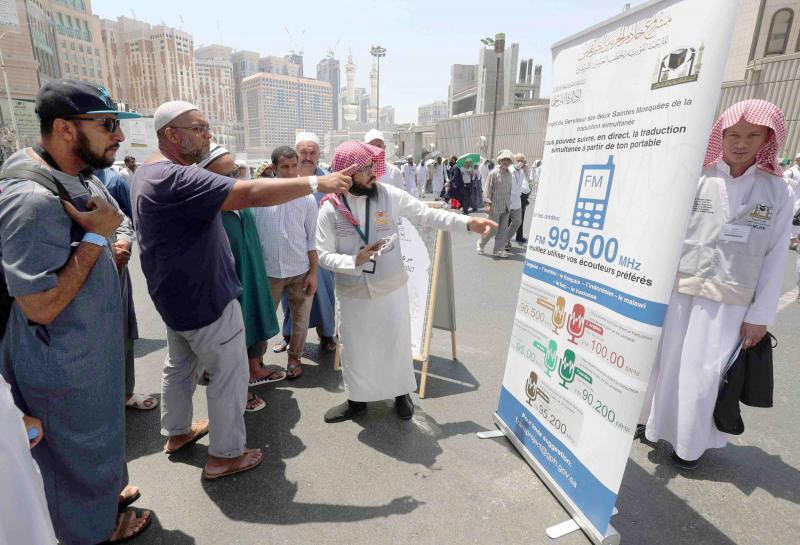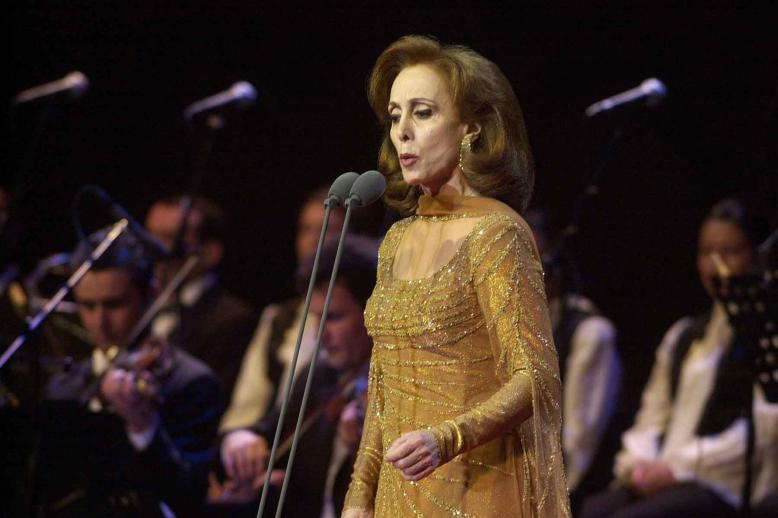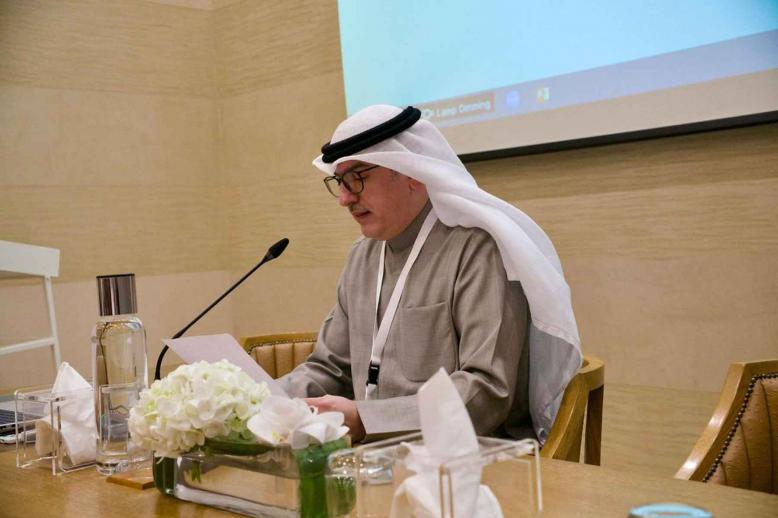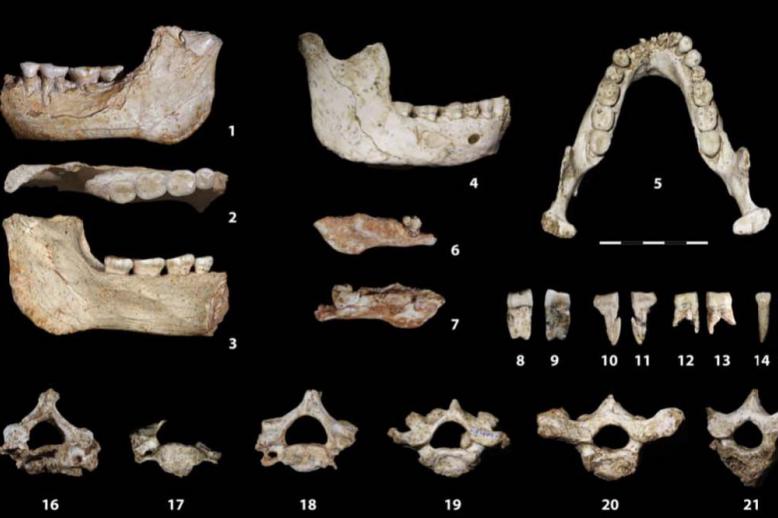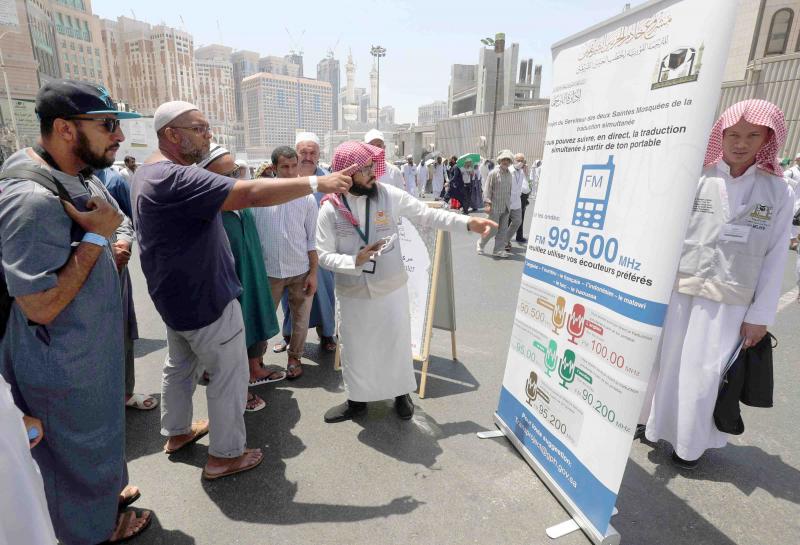Saudi Arabia succeeds in mammoth task of organising haj
Some say that the Arab region, long plagued by turmoil and unrest, has few models of success despite its vast potential. However, the focus on political instability and conflict has sometimes caused us to lose sight of the progress and successes taking place.
One of those success stories is this year’s flawless organisation of the haj, which attracted approximately 2.5 million pilgrims to Mecca, stated official statistics released by Prince Khalid al-Faisal bin Abdulaziz, adviser to the Saudi King Salman bin Abdulaziz Al Saud, governor of Mecca region and chairman of the Central Haj Committee.
The annual haj, undoubtedly a mammoth organisational task, has been expertly handled by the Saudi Ministry of Haj and Umrah for more than seven decades. Among the many challenges of organising the religious pilgrimage are the growing number of travellers, security concerns at a time of growing terror threats worldwide and environmental and health factors exacerbated by the large number of visitors.
To deal with these logistical challenges, Saudi Arabia has spent billions of dollars and devised effective strategies to better develop haj facilities and improve housing, transportation and sanitation.
As a result, pilgrims enjoy modern facilities and perform their religious rites at ease.
This year, Saudi Arabia went to extraordinary lengths to ensure pilgrims were accommodated for the haj, even pumping up to 41 million cubic metres of water to Mecca and the holy sites and using some 4,715 kilowatts of electricity.
In addition, the kingdom introduced a smart haj platform, a service-supervision initiative to improve housing by adding living space and organising bus trips and implemented a pilgrim grouping programme that used electronic systems to manage and monitor crowds.
Advanced technology has helped monitor mosques’ environmental quality, track pilgrims’ health and guide crowds to the appropriate venues.
Saudi Arabia’s major shift to new technology on the haj came in 2018 with the Ministry of Communication and Information Technology’s “Smart Haj” platform.
Part of the kingdom’s digital transformation programme under Vision 2030, the initiative has grown to include many digital services and interactive applications, notably: “Destination,” “Assist Me,” “Haj and Umrah Navigator,” “Health” and “Our Rituals.”
This year, Saudi Arabia transported 2,489,406 pilgrims from the holy site of Arafat to Muzdalifah in less than six hours. That included moving 360,000 pilgrims on the Mashair train, 100,000 by pedestrian routes and the rest on 20,000 buses.
To ensure a comfortable haj experience, hundreds of thousands of workers from various Saudi sectors and thousands of volunteers cooperated closely on issues of logistics and health.
In doing so, Saudi Arabia embodied the spirit of haj, bringing all of society together to help ensure its visitors were taken care of.
Saudi Arabia’s commitment to haj was beautifully illustrated in a photograph of a security officer helping a tired pilgrim. The photo, taken by Saudi photographer Saud bin Khalid al-Musaihej, was widely shared on social media, inspiring Muslims across the world.
For Saudi Arabia, organising the world’s largest religious festival is not just a financial and logistical challenge but a sacred duty that strikes at the heart of its identity and values.
As long as Saudis maintain these values, the success story of the haj will surely continue.
Building on its success, Saudi Arabia announced numerous projects, including a first development model for Mina, which includes housing and camps to be ready next year and the expansion of the Mecca Route Initiative, a programme designed to facilitate international pilgrims’ travel experience.
The kingdom has begun water development projects worth more than $825 million in Mecca and other holy sites to ensure a sustainable water supply that will develop and preserve water resources, protect the environment and provide high-quality and efficient services.
We can expect many more projects in the future as Saudi Arabia strives to provide the best experience for its guests — regardless of sect, political affiliation, colour, gender, community or race. The kingdom has shown it is highly skilled at organising the event and successfully kept it separate from politics, even as some countries attempt to use the spiritual rite to score political points against Riyadh.
Iman Zayat is the Managing Editor of The Arab Weekly.
This article was originally published in The Arab Weekly.


